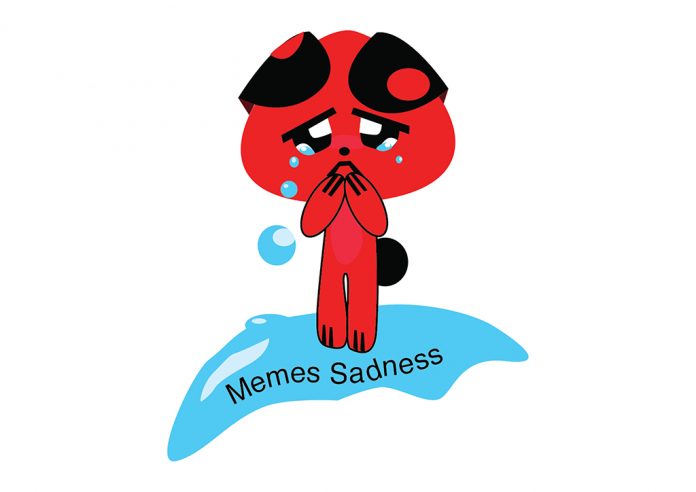It’s easy to be dismissive of most things that happen on the internet. Fads come and go at a quicker rate than in the real world, as we rush to consume and contribute at a speeding pace to keep the chemicals in our brains stirring, our attention stimulated.
Commentators have given their hot take, lambasted internet culture and memes specifically as contributing little action and having no purpose other than entertainment. I mean, sure, neither “Pepe the Frog” or “Dat Boi” got me exceptionally involved in the fight to save our wetlands (do WE here even have wetlands? I only know them from Dexter and that episode of Magic School Bus) but I think the negativity needs to be tempered by a deeper understanding of the role memes play in developing culture and what their benefits are.
To say the sharing of memes, ideas, doesn’t produce quantifiable results is wrong — unless we are also going to channel the same negativity towards political rhetoric, slogans, well wishes, or other shareable statements in general. While those often remain static and shallow, memes change along the way. Whether there is a result, whether the shared item is “educational” is dependent entirely on the person consuming the item. While for some, getting our “Dicks out for Harambe” is a passing joke, for others (such as myself) it’s a call to think critically about the value of life and justice. If we explore the idea of memes being art (they produce feeling and encourage reflection), than I posit that they are a truer and more honest genre than most. There are few arbiters and gatekeepers of meme-ry, and everyone has equal access to the tools required. There aren’t payola schemes, endorsements, record executives, or indie darlings that decide what is and isn’t popular. If you go to sources, such as 4chan, you realize the selflessness in producing memes. They are all anonymous, no one stands to benefit in fame or profit; they are producing for the love of laughter. Memes are social tools that can transcend obstacles such as politics and identity that often keep us closed off from each other. A meme is a meme only if it is shared, if individuals can come together to react to it, whether in humor, irony, or hostility.
Memes and their proliferation encourage creativity, and for individuals to give some of themselves unto the platform. We all have our dicks out in different ways, our dodges all have different words, and Dat Boi is in different scenarios. In his essay “A Defense of Form: Internet Memes and Confucian Ritual” Nicholas Brown suggests that the critique of art’s value should examine “how well an idea or piece promotes an active, creative, and critical relationship to a person’s own experiences,” which is shown through meme’s constant adaption and fluidity.
I leave you with this: while low-art is easy it is art nonetheless, and I think that when we put it down we miss the opportunity to truly engage with and help steer a medium and form that has gained fresh ground right before our eyes. Let us take off our pretentious frame rims and sleeve tattoos, and celebrate the fact that memes are popular, widespread, and easy to make.


